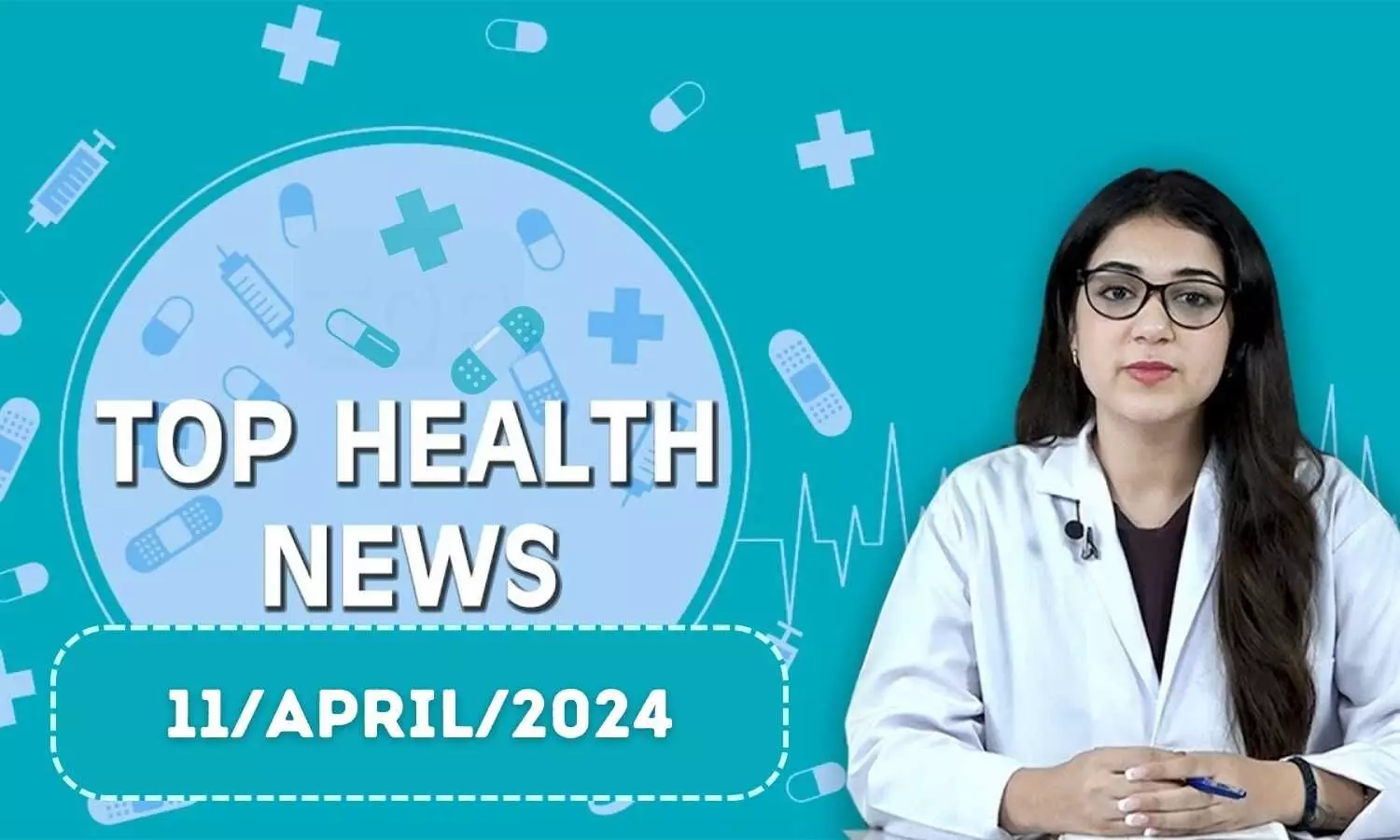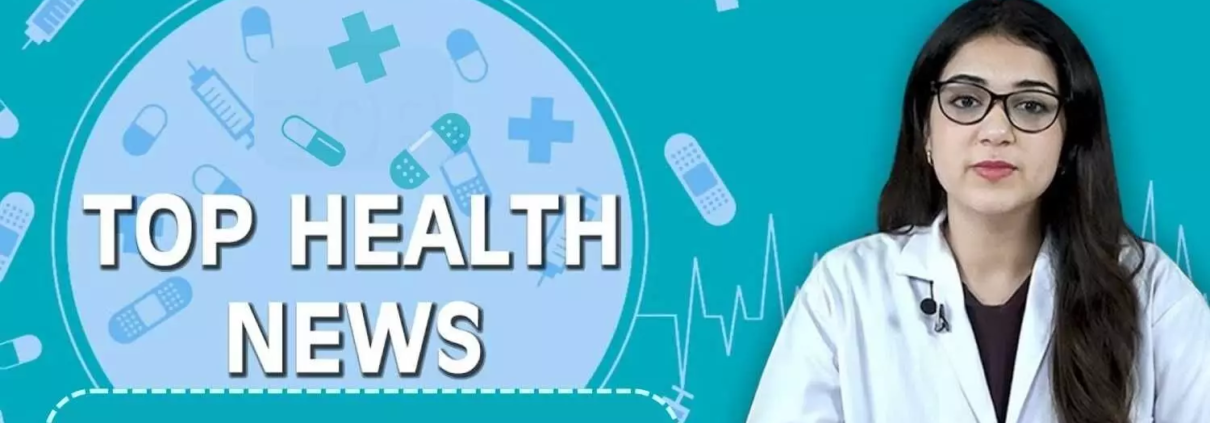Health Bulletin 04/ April/ 2024

Here are the top health stories for the day:
Not convinced by the latest apology, the Supreme Court on Wednesday refused to accept the second affidavits filed by Ramdev and managing director of Patanjali Ayurved Balkrishna tendering unconditional apologies over publishing “misleading” advertisements, asserting they did so when “caught on the wrong foot”.
Refusing to accept the latest affidavit, the apex court described the apology as “on paper” and questioned the intention of the apology as it asked if the apology was “even heartfelt”. Further, the court warned both Baba Ramdev and the company’s MD, Acharya Krishan, to brace themselves for potential repercussions.
Although the Directorate General of Health Services (DGHS) under the Union Health Ministry recently defended its broader definition of an “Intensivist” citing the scarcity of physician staff with minimum standards of training for critical care delivery, the critical care specialists having NMC recognised degrees are not happy with the explanation.
Raising the issue, a newly formed Forum of Intensivists and Critical Care Specialists (FICCS) agreed that the need for critical care specialists in resource-limited settings is a matter of concern and “possibly DGHS have given a uniform all-inclusive definition of intensivists to match the demand.”



